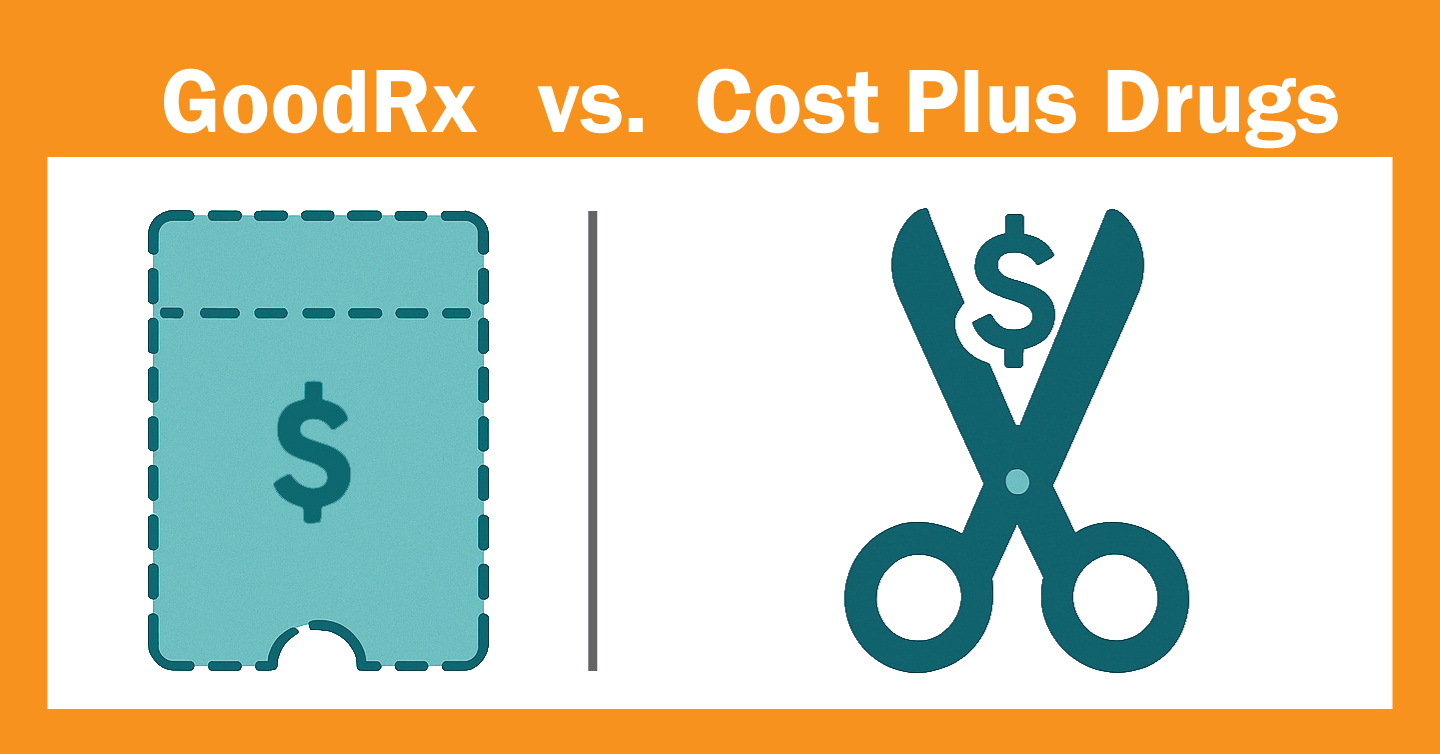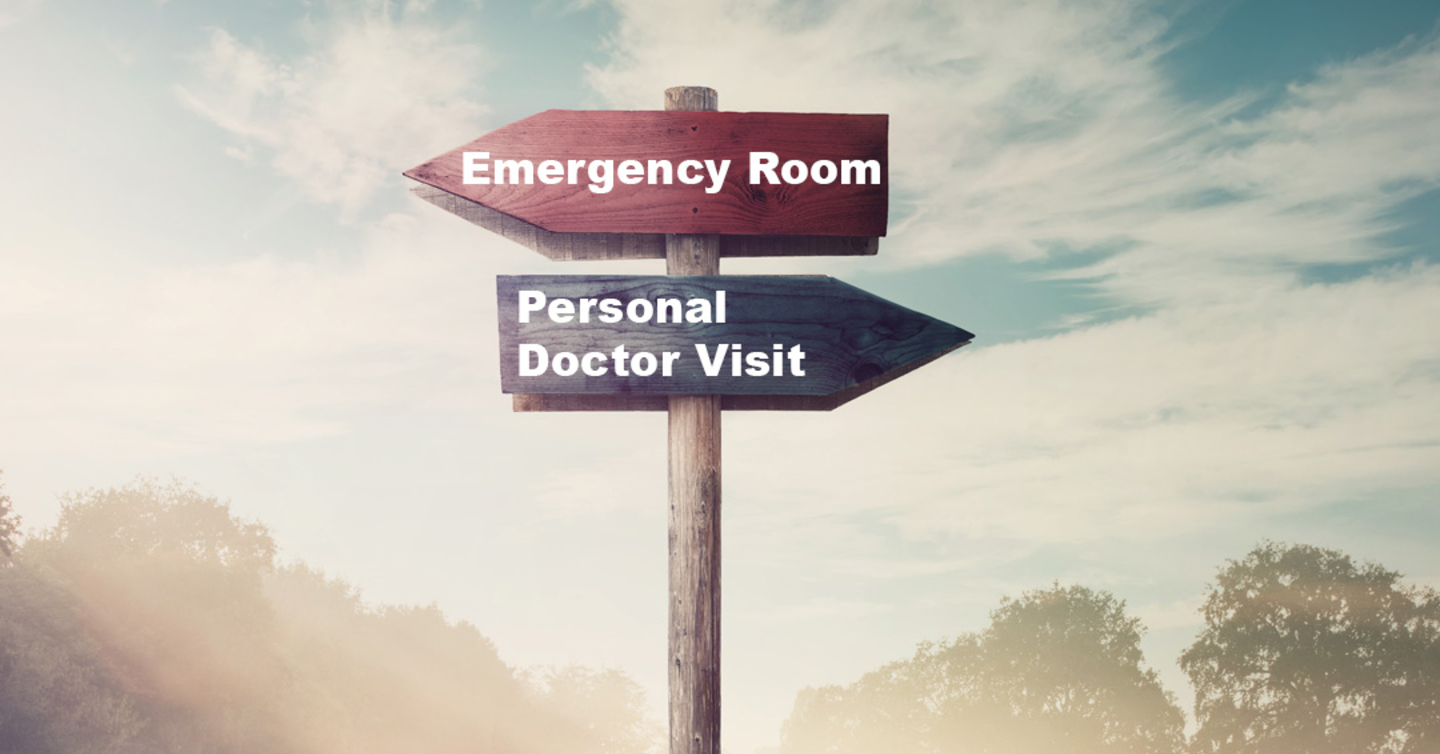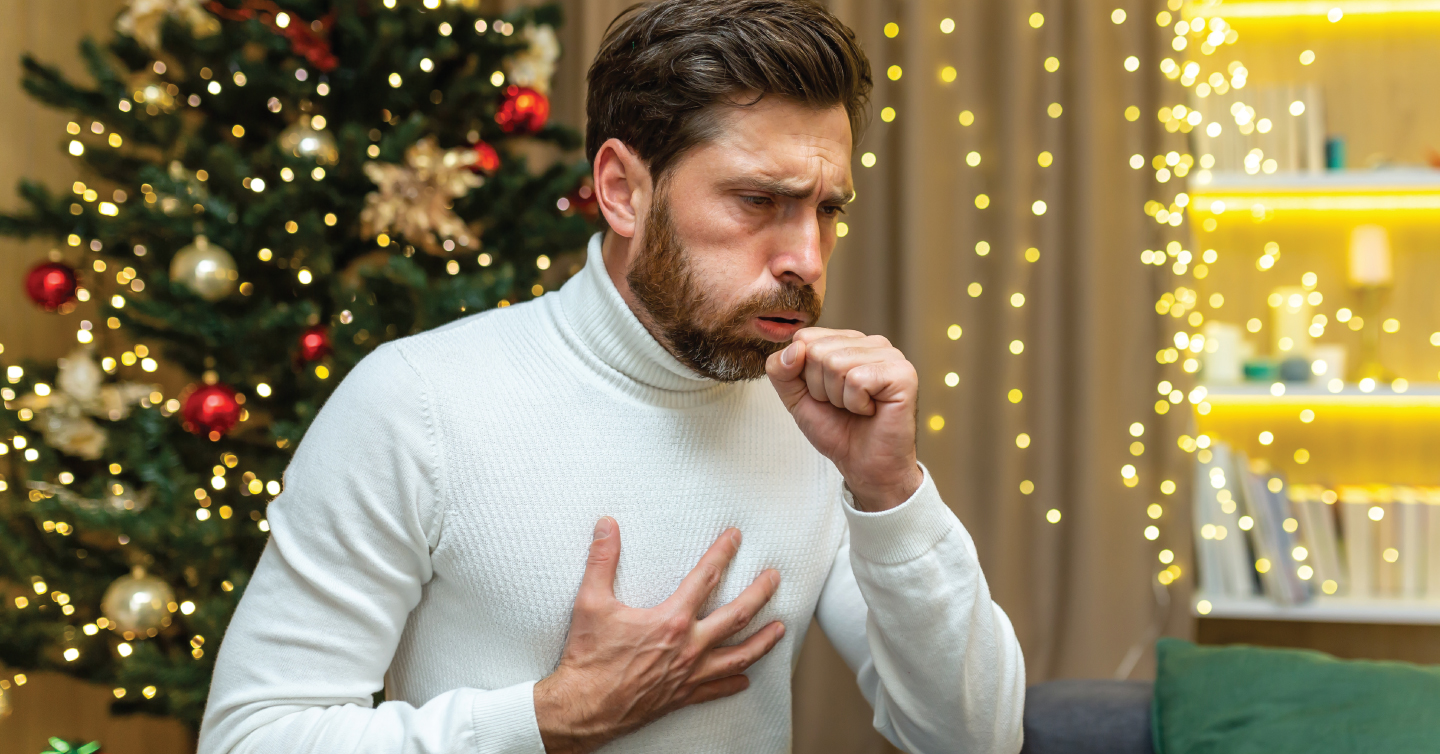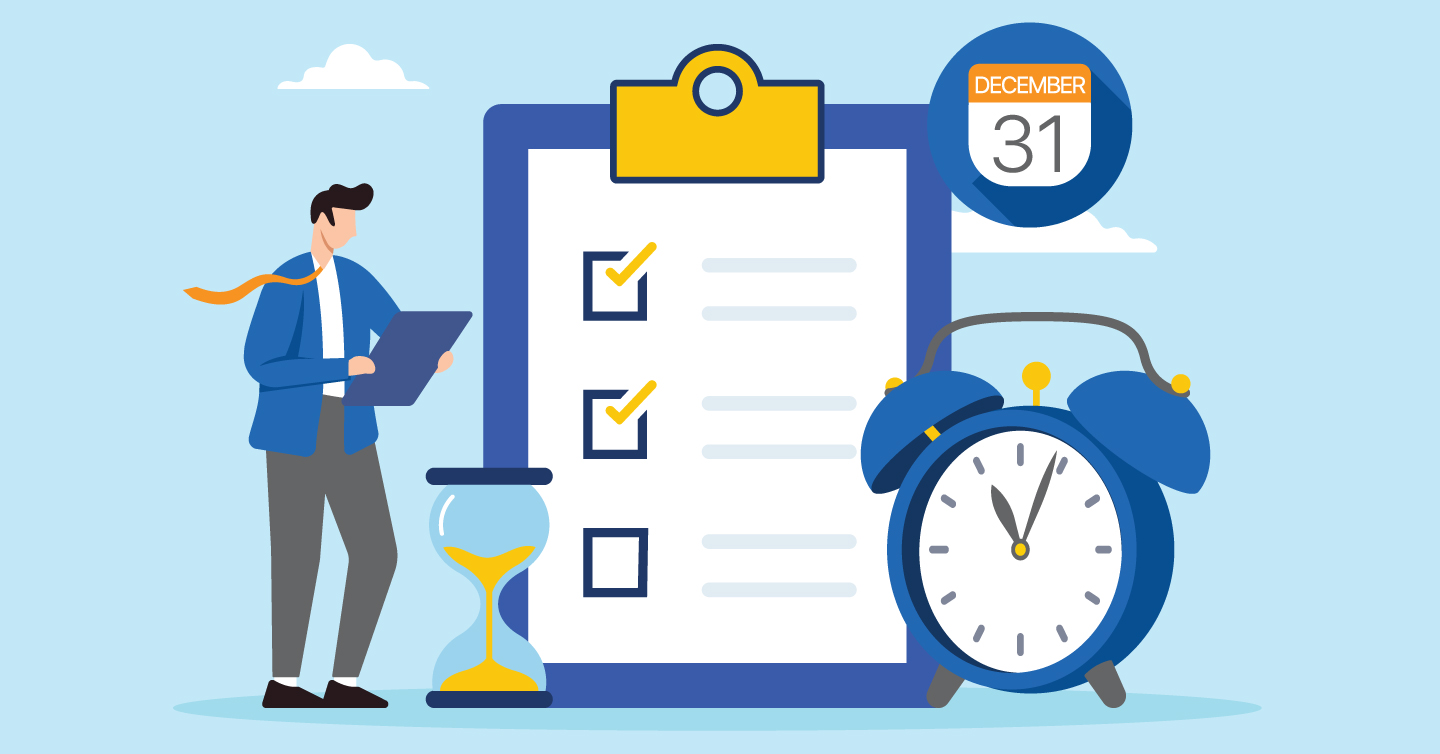How What You Eat Affects Your Sleep

By Anna Meyer, community wellness coordinator at Network Health
03/27/2024
Do you have trouble falling asleep at night? Do you go about your day feeling sluggish and tired? Whether you struggle going to sleep or staying awake, there are many things that can impact your sleep schedule. One factor that can often be overlooked is the food you eat.
Nutrition, also known as “the food you eat,” can have a lot to do with getting a good night’s sleep. After all, food is what provides our bodies with energy. Unfortunately, when it comes to promoting a good sleep schedule, not all foods are created equal.
Foods That Can Keep You Awake at Night
In the morning, you might drink a cup of caffeinated coffee to jolt yourself awake. For many, a caffeinated drink is the go-to way of waking up and staying awake, but coffee isn’t the only food or beverage with caffeine in it.
Chocolate, for example, is another common source of caffeine. Do you enjoy chocolate as an after-dinner dessert or like to treat yourself with a couple pieces of chocolate after a long day? The caffeine in it could be impacting your ability to fall asleep.
Here are some other common foods and beverages that contain caffeine.
- Tea
- Soda
- Certain breakfast cereals
- Matcha desserts like matcha ice cream or mochi
- Kombucha
Too much caffeine may be one reason someone struggles to fall asleep at night, but it is far from the only reason when it comes to diet. For example, spicy foods can make it difficult to fall asleep. A more obvious reason for this is that spicy foods can cause painful heartburn, but a less obvious reason is that spicy foods increase body temperature, making it difficult for the body to cool down to the ideal temperature for sleep.
Even if you do manage to fall asleep at a desirable time each night, the food you’re eating may not allow for the best quality sleep. Saturated fats, found in fried foods, meats and dairy products, can negatively impact the slow-wave sleep you receive at night. This type of sleep is thought to be the most restorative stage of sleep. Similarly, alcohol has a negative impact on rapid eye movement (REM) sleep, which can result in waking up during the night.
What Happens When You Don’t Get Enough Sleep
But is a little disruption to your sleep really that big of a deal? It definitely can be. Sleep deprivation means you don’t get enough sleep, whereas sleep deficiency refers to not sleeping well. Both can have a negative impact on your overall health and wellbeing.
Just like breathing or drinking water, people require sleep. The typical adult will need between 7-9 hours of sleep each day. Getting less than what your body needs can result in sleep deprivation, the long-term effects of which can be high blood pressure, high cholesterol, a weakened immune system and a higher risk of Type 2 diabetes.
Technically getting your 7-9 hours in at night doesn’t necessarily mean you’re sleeping well. Sleep deficiency occurs when you aren’t getting enough quality sleep. As mentioned, the most restorative stage of sleep is slow-wave sleep, or stage three of non-REM sleep. Stage one is the transition between being awake and falling asleep, while stage two is the moment you are fully asleep. REM sleep is the stage of sleep during which you dream and your brain activity is similar to when you are awake. Lacking quality stage three non-REM sleep can interfere with your productivity at work or school, cause difficulties with social functioning, inhibit focus and learning, decrease reaction time and negatively affect overall mood.
[Read more: A Good Night’s Sleep Means More Than Just an Alert Morning]
The Best Food for Sleeping Well at Night
There are foods you can incorporate into your diet that can help you sleep. For instance, foods that contain tryptophan can increase serotonin levels to help get your ready for sleep and foods with magnesium can help you get better quality sleep. The following list includes foods and beverages to consider.
- Whole grains in pasta, brown rice or cereal
- Lean proteins like chicken, turkey or fish
- Peanut butter
- Nuts
- Spinach
- Avocado
- Black beans
- Herbs like sage and basil
- Herbal tea, which is usually caffeine-free
No matter what you eat, it’s generally best to avoid eating right before bed, especially heavy meals. An active digestive system can make it difficult to fall asleep. On the flip side, try not to go to bed hungry, as you don’t want to wake up in the middle of the night looking for a snack. If you are going to have caffeine, aim to consume it no later than mid-afternoon.
[Read more: Five More Tips for a Better Sleep]
Your diet has the potential to impact many aspects of your health and wellbeing, including your sleep. It’s a good idea to speak with your personal doctor to determine tweaks to your diet that might help you get a better night’s sleep or otherwise improve your health.



